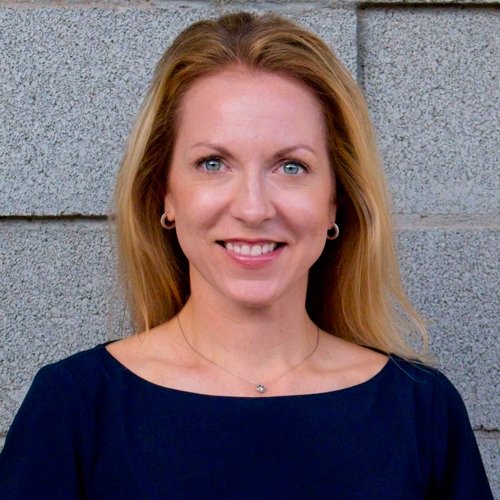As long-time observers of nonprofit organizations, we are used to thinking of organizational management and leadership styles as strictly applying to either clearly corporate, for-profit companies, or to nonprofits. Today those lines are blurring with “next generation nonprofits” and the rise of the social entrepreneurship movement. Nancy Moses does an excellent job here defining next generation nonprofits as “using business techniques to exponentially increase social impact.” In other words, next generation NPOs are using sales, marketing, and business techniques to impact social change.
As well, “social entrepreneurship,” or the intersection of business and social change for good, has been around for awhile but is becoming more organized as a cohesive movement. This new perspective – essentially eliminating any boundaries of what an NPO “should” look like – is a breath of fresh air. While business entrepreneurs identify and create solutions for business problems, social entrepreneurs identify and create solutions for social problems, effectuating social change through their organizations. The borders are blurry – there are for-profit companies whose primary product is social change; a new designation for firms of “low-profit limited liability companies,” or L3Cs; and traditional corporations that regularly donate notable chunks of profits to charity (for example, Target, Google, and even this Scottsdale, AZ real estate agency).
However organizations define themselves, a reliance on business techniques brings to all of them a need for movement forward based on measurement, evaluation, and evidence. Increasingly these organizations are tracking their own progress, measuring their own adherence to their mission, collecting data on their activities, and evaluating their programs. As these new forms of organizations increase, the need for program evaluation services may increase as well to measure organizational performance.



 Thanks for visiting FirstEval. Please reach out if you'd like to talk about your data.
Thanks for visiting FirstEval. Please reach out if you'd like to talk about your data.